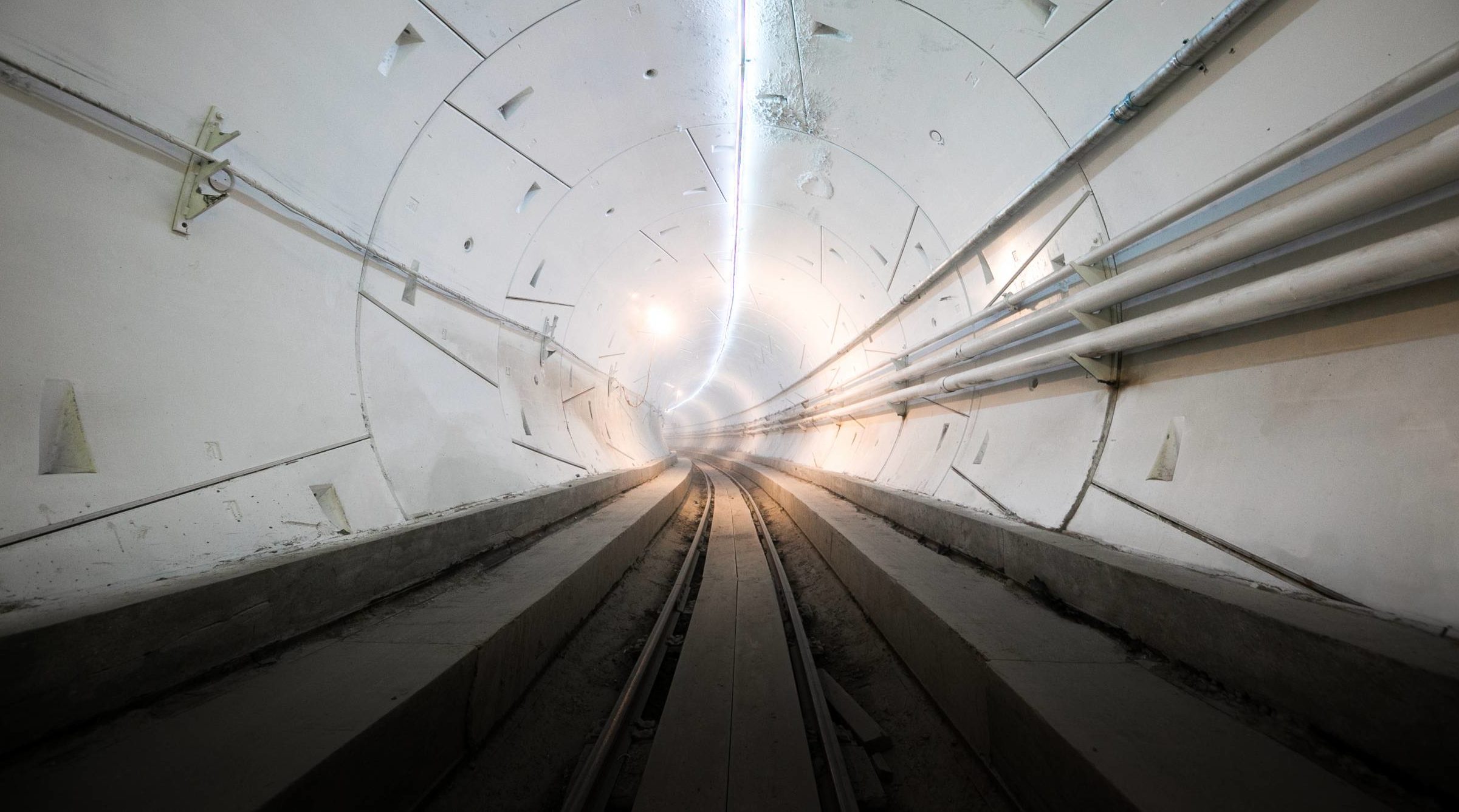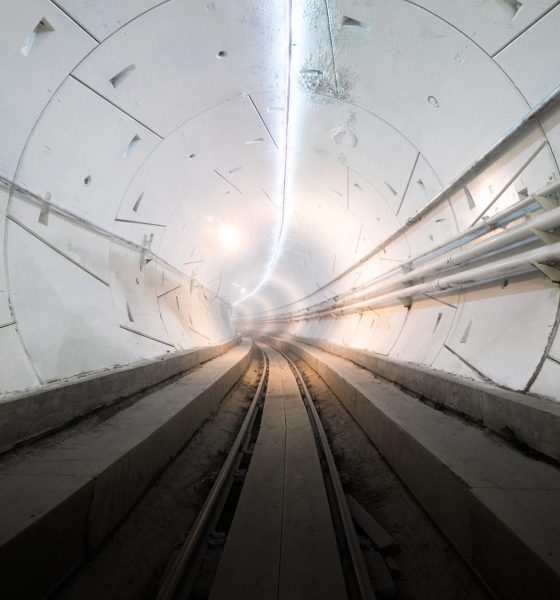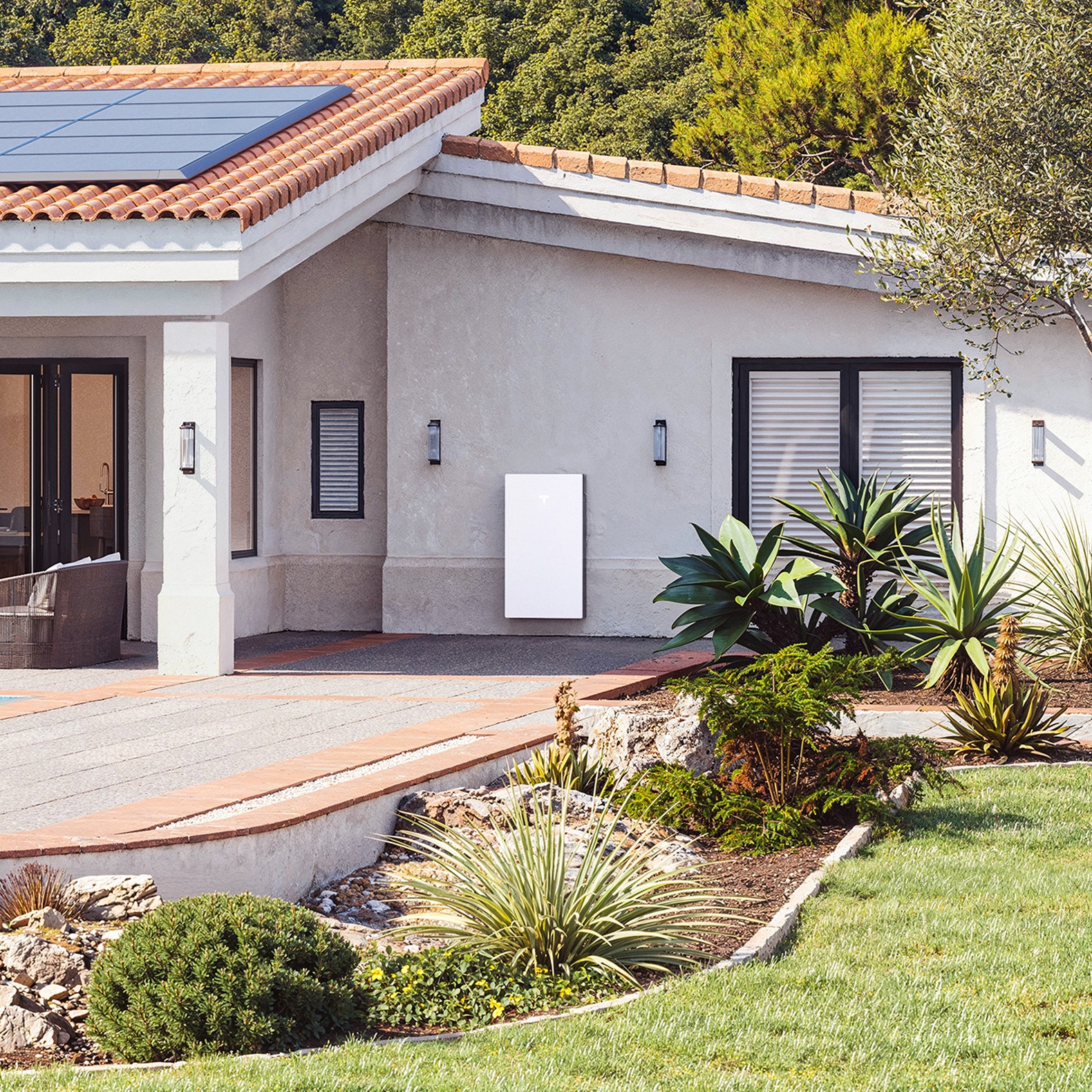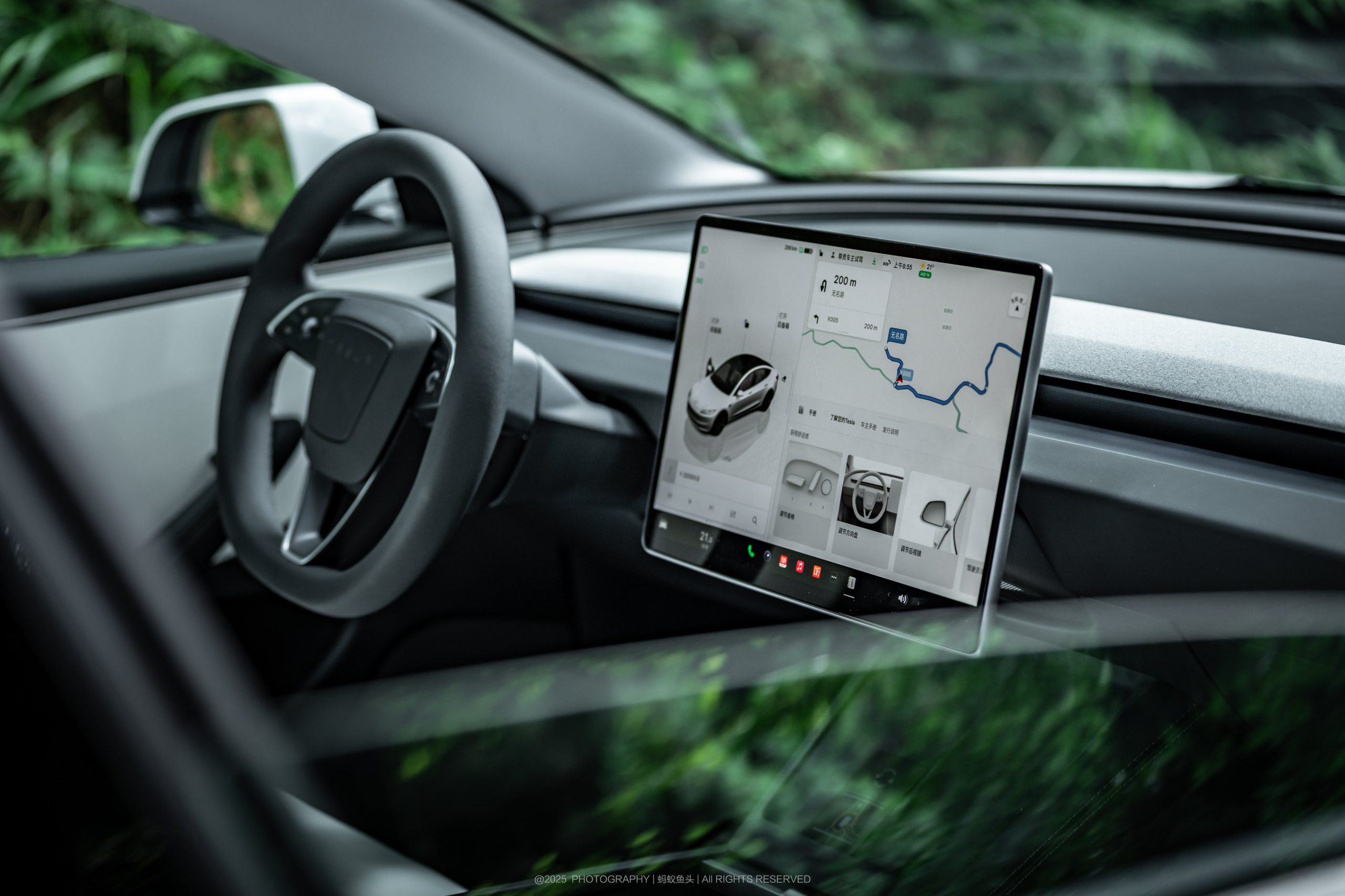

News
Elon Musk’s Boring Company in talks for airport tunnel project in Silicon Valley
The Boring Company, Elon Musk’s tunneling startup, might have another tunnel project on its hands. In a statement earlier this week, San Jose Mayor Sam Liccardo stated that he has been in talks with The Boring Co. over the last 18 months to discuss the possibility of building a tunnel linking Diridon Station and the Mineta San Jose International Airport — a distance of about 4 miles.
Addressing reporters at City Hall, the San Jose, CA mayor noted that the tunnel project could give Diridon Station a chance to “grow with the city,” particularly as Google is expected to construct a campus near Diridon in the future, which would likely bring thousands of people to the area. Apart from this, Diridon Station, the city’s main transit hub, is expected to undergo an overhaul in the future, with the Bay Area Rapid Transit (BART) line set to extend downtown to the station itself.
Around five years ago, cost estimates for the construction of a conventional rail link connecting the Mineta San Jose International Airport to Diridon were listed at a hefty $800 million. Liccardo noted that tunnels, particularly those constructed by The Boring Company, could cost just a fraction of the $800 million estimate. That said, the mayor clarified that the project, provided that it does happen, would not be locked with the Boring Co.
“It’s not that cost effective. We’ve been looking at alternatives. This is going to be open to everybody. What we’ve been exploring is the technology,” the Liccardo said.
While the idea of another Boring Company tunnel is a compelling thought, the San Jose mayor’s idea has been met with some opposition. What is rather noteworthy is that opposition to the project appears to be based on criticisms of Elon Musk as a person, not The Boring Company’s technology itself. These concerns were outlined by Jeffrey Buchanan, a member of the worker-advocacy group Working Partnerships USA, who expressed his doubts about Elon Musk’s involvement in a statement to The East Bay Times.
“There’s a lot of important decisions the city needs to make about Diridon Station and infrastructure and investments, and it’s really important that when we look at construction of our public works and operation of our public spaces that we’re working with employers that respect employees,” he said.
Elon Musk’s Boring Company might be more of a hobby for SpaceX and Tesla CEO, but the tunneling startup has accomplished some notable breakthroughs since its founding back in 2016. When the startup unveiled its test tunnel in Hawthorne last December, for one, Elon Musk revealed that the cost of the 1.14-mile tunnel was just around $10 million, including internal infrastructure, lighting, safety systems, ventilation, and tracks. That’s substantially cheaper than larger, conventional tunnels, which could cost as much as $1 billion per mile.
The Boring Company is also working in developing a next-generation tunnel boring machine that is all-electric, making it faster, quieter, and cleaner than conventional TBMs. These innovations are expected to be utilized in the company’s upcoming projects, such as the Chicago-O’Hare high-speed transport line.

Energy
Tesla Powerwall distribution expands in Australia
Inventory is expected to arrive in late February and official sales are expected to start mid-March 2026.

Supply Partners Group has secured a distribution agreement for the Tesla Powerwall in Australia, with inventory expected to arrive in late February and official sales beginning in mid-March 2026.
Under the new agreement, Supply Partners will distribute Tesla Powerwall units and related accessories across its national footprint, as noted in an ecogeneration report. The company said the addition strengthens its position as a distributor focused on premium, established brands.
“We are proud to officially welcome Tesla Powerwall into the Supply Partners portfolio,” Lliam Ricketts, Co-Founder and Director of Innovation at Supply Partners Group, stated.
“Tesla sets a high bar, and we’ve worked hard to earn the opportunity to represent a brand that customers actively ask for. This partnership reflects the strength of our logistics, technical services and customer experience, and it’s a win for installers who want premium options they can trust.”
Supply Partners noted that initial Tesla Powerwall stock will be warehoused locally before full commercial rollout in March. The distributor stated that the timing aligns with renewed growth momentum for the Powerwall, supported by competitive installer pricing, consumer rebates, and continued product and software updates.
“Powerwall is already a category-defining product, and what’s ahead makes it even more compelling,” Ricketts stated. “As pricing sharpens and capability expands, we see a clear runway for installers to confidently spec Powerwall for premium residential installs, backed by Supply Partners’ national distribution footprint and service model.”
Supply Partners noted that a joint go-to-market launch is planned, including Tesla-led training for its sales and technical teams to support installers during the home battery system’s domestic rollout.
Elon Musk
Tesla Giga Berlin growth could stall if not “free from external influences”: Elon Musk
The comments were delivered in a pre-recorded video discussion.

Tesla CEO Elon Musk has reportedly warned that future expansion of Gigafactory Berlin could be jeopardized if the site does not remain “free from external influences.”
Musk’s comments were delivered in a pre-recorded video discussion with employees and came at a sensitive moment for the facility, where union representation has been a recurring issue.
According to reports from Handelsblatt and Der Spiegel, citing participants at the event, Musk suggested that if Giga Berlin is no longer “free from external influences,” further expansion would become unlikely. He did not, however, hint that the plant would shut down.
While Musk did not name IG Metall directly, his remarks were widely interpreted as referencing the union, which is currently the largest faction on the works council but does not hold a majority, as noted in an electrive report.
The video conversation was conducted between Musk in Austin and Grünheide plant manager André Thierig, then played back to the workforce in Germany. Works council elections are scheduled for early March, heightening the tension between management and organized labor.
The CEO has previously voiced concerns that stronger union influence could limit Tesla’s operational flexibility and long-term strategy in Germany.
Despite the warning on expansion, Musk praised the Giga Berlin site during the same address, describing it as one of the most advanced factories worldwide and highlighting its cleanliness and team culture.
The discussion also reportedly touched on battery cell production. According to attendees cited in German media, Musk indicated that Tesla has begun ramping cell production at the site. That would mark a notable shift from earlier expectations that large-scale cell manufacturing in Brandenburg would not begin until 2027.
Elon Musk
Tesla Full Self-Driving’s newest behavior is the perfect answer to aggressive cars
According to a recent video, it now appears the suite will automatically pull over if there is a tailgater on your bumper, the most ideal solution for when a driver is riding your bumper.

Tesla Full Self-Driving appears to have a new behavior that is the perfect answer to aggressive drivers.
According to a recent video, it now appears the suite will automatically pull over if there is a tailgater on your bumper, the most ideal solution for when a driver is riding your bumper.
With FSD’s constantly-changing Speed Profiles, it seems as if this solution could help eliminate the need to tinker with driving modes from the person in the driver’s seat. This tends to be one of my biggest complaints from FSD at times.
A video posted on X shows a Tesla on Full Self-Driving pulling over to the shoulder on windy, wet roads after another car seemed to be following it quite aggressively. The car looks to have automatically sensed that the vehicle behind it was in a bit of a hurry, so FSD determined that pulling over and letting it by was the best idea:
Tesla appears to be implementing some sort of feature that will now pull over if someone is tailgating you to let the car by
Really cool feature, definitely get a lot of this from those who think they drive race cars
— TESLARATI (@Teslarati) February 26, 2026
We can see from the clip that there was no human intervention to pull over to the side, as the driver’s hands are stationary and never interfere with the turn signal stalk.
This can be used to override some of the decisions FSD makes, and is a great way to get things back on track if the semi-autonomous functionality tries to do something that is either unneeded or not included in the routing on the in-car Nav.
FSD tends to move over for faster traffic on the interstate when there are multiple lanes. On two-lane highways, it will pass slower cars using the left lane. When faster traffic is behind a Tesla on FSD, the vehicle will move back over to the right lane, the correct behavior in a scenario like this.
Perhaps one of my biggest complaints at times with Full Self-Driving, especially from version to version, is how much tinkering Tesla does with Speed Profiles. One minute, they’re suitable for driving on local roads, the next, they’re either too fast or too slow.
When they are too slow, most of us just shift up into a faster setting, but at times, even that’s not enough, see below:
What has happened to Mad Max?
At one point it was going 32 in a 35. Traffic ahead had pulled away considerably https://t.co/bjKvaMVTNX pic.twitter.com/aaZSWmLu5v
— TESLARATI (@Teslarati) January 24, 2026
There are times when it feels like it would be suitable for the car to just pull over and let the vehicle that is traveling behind pass. This, at least up until this point, it appears, was something that required human intervention.
Now, it looks like Tesla is trying to get FSD to a point where it just knows that it should probably get out of the way.








